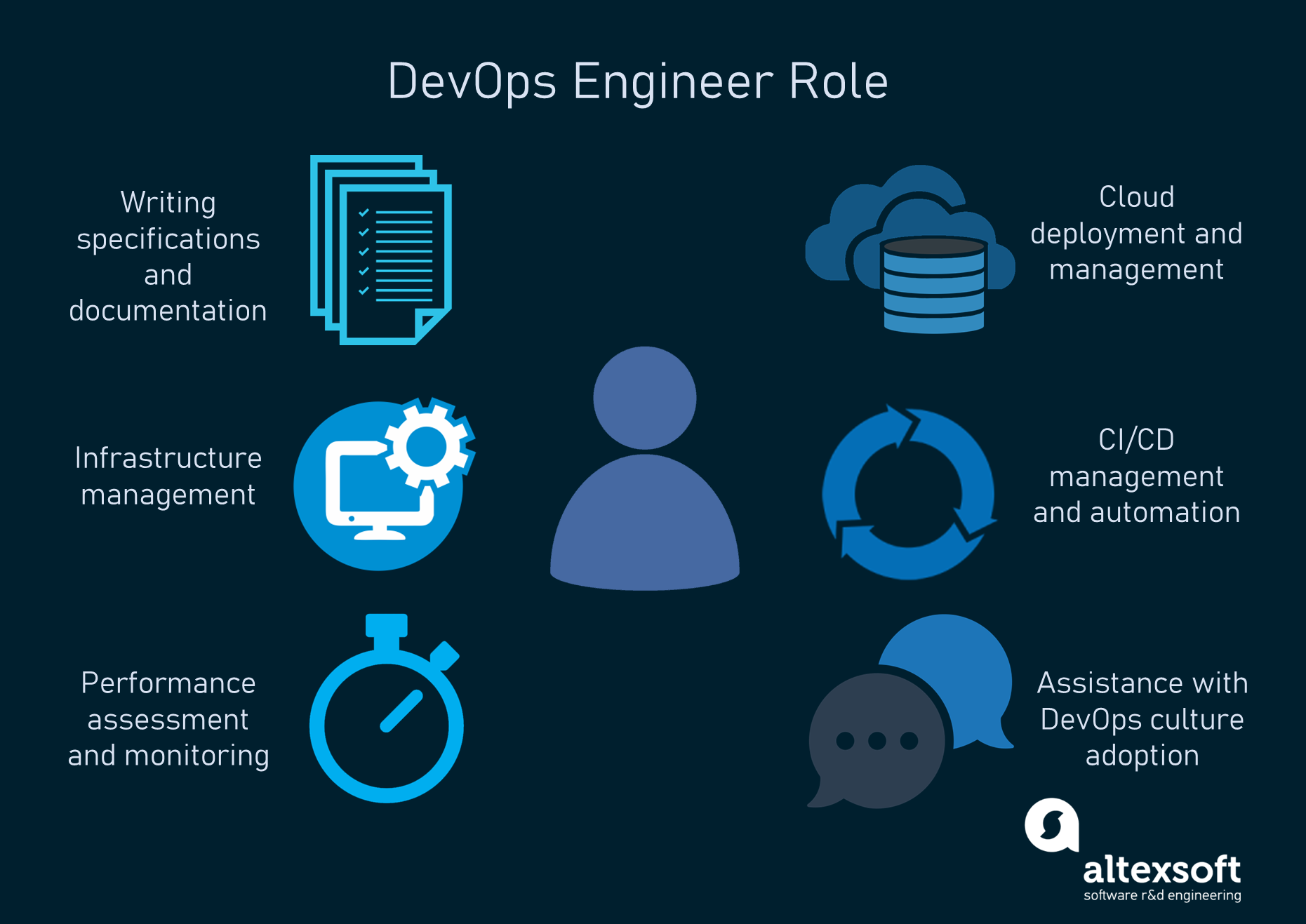Software developer co op – Software developer co-ops offer a unique blend of education and hands-on experience, providing students with an invaluable opportunity to apply their knowledge in real-world settings. These programs not only enhance students’ technical skills but also foster their professional development and prepare them for successful careers in the software industry.
The benefits of software developer co-ops extend beyond the students, as employers also reap significant advantages from hiring co-op students. By partnering with educational institutions, businesses can gain access to a pool of highly skilled and motivated individuals who bring fresh perspectives and innovative ideas to their teams.
Benefits of Software Developer Co-ops

Software developer co-ops offer numerous advantages for both students and employers. Students gain valuable real-world experience, while employers benefit from access to a pool of skilled and motivated individuals.
Benefits for Students
- Practical Experience:Co-ops provide students with hands-on experience in a professional software development environment, allowing them to apply their theoretical knowledge and develop practical skills.
- Career Exploration:Co-ops offer students the opportunity to explore different aspects of software development and identify areas they are passionate about.
- Networking:Co-ops allow students to build relationships with industry professionals, which can lead to future job opportunities and career advancement.
- Financial Benefits:Many co-ops offer paid positions, providing students with valuable financial support while gaining experience.
Benefits for Employers, Software developer co op
- Access to Skilled Labor:Co-ops provide employers with access to a pool of skilled and motivated students who are eager to apply their knowledge and skills to real-world projects.
- Reduced Training Costs:Students who participate in co-ops have already gained practical experience and require less training than entry-level employees.
- Enhanced Productivity:Co-op students bring fresh perspectives and innovative ideas to the workplace, which can lead to increased productivity and improved outcomes.
- Talent Pipeline:Co-ops serve as a valuable talent pipeline for employers, allowing them to identify and recruit promising software developers for future positions.
Types of Software Developer Co-ops

Software developer co-ops vary in their structure and offerings. Here’s a table comparing different types of co-op programs:
Program Duration
- Full-time:Typically lasts for 12-24 months, providing a significant immersion experience.
- Part-time:Allows students to balance academic and work commitments, usually lasting for 6-12 months.
- Summer-only:Focused on providing summer work experience, typically lasting 2-3 months.
Work Schedule
- Alternating semesters:Students alternate between academic semesters and co-op work periods.
- Co-op blocks:Students complete a series of co-op work periods, usually lasting several months each.
- Flexible scheduling:Allows students to tailor their co-op experience to their individual needs and availability.
Compensation
- Hourly wages:Co-ops typically pay hourly wages, which vary depending on experience and location.
- Stipend:Some co-ops offer a fixed stipend instead of hourly wages, providing a more consistent income.
- Benefits:Co-ops may offer benefits such as health insurance, paid time off, and professional development opportunities.
Software Developer Co-op Application Process
Applying for a software developer co-op program can be a competitive process. By following a step-by-step guide and preparing a strong application, you can increase your chances of getting accepted.
Step-by-Step Guide to Applying
- Research and Identify Programs:Explore various co-op programs offered by universities, colleges, and companies. Identify programs that align with your career goals and interests.
- Meet Application Deadlines:Pay attention to application deadlines and submit your materials on time. Late submissions may not be considered.
- Prepare a Strong Resume:Highlight your relevant skills, experiences, and projects. Quantify your accomplishments whenever possible.
- Write a Compelling Cover Letter:Explain why you’re interested in the specific co-op program and how your skills and experience make you a suitable candidate.
- Secure Letters of Recommendation:Ask professors, supervisors, or mentors to write letters of recommendation that attest to your technical abilities and work ethic.
- Prepare for Interviews:Practice answering common interview questions and be ready to discuss your technical skills, project experience, and why you’re passionate about software development.
Tips for a Strong Application
- Tailor your application to each program you apply to.
- Showcase your passion for software development through personal projects or contributions to open-source projects.
- Seek feedback on your application materials from peers, mentors, or career counselors.
- Practice your interviewing skills and be confident in your abilities.
Software Developer Co-op Projects: Software Developer Co Op

Software developer co-op students typically work on a wide range of projects during their time in the program. These projects can vary in size and complexity, but they all provide students with valuable experience in the software development process.
Some common types of projects that software developer co-op students work on include:
- Developing new software applications
- Maintaining and enhancing existing software applications
- Working on software development teams
- Conducting research and development on new software technologies
These projects give students the opportunity to apply the skills they have learned in the classroom to real-world problems. They also allow students to develop their teamwork, communication, and problem-solving skills.
The impact of these projects on students’ learning and career development is significant. Students who participate in co-op programs are more likely to be employed in the software development field after graduation. They are also more likely to be promoted to leadership positions and to earn higher salaries.
Project Examples
Here are some specific examples of projects that software developer co-op students have worked on:
- Developing a mobile application for a local business
- Creating a website for a non-profit organization
- Working on a team to develop a new software product
- Conducting research on a new software technology
These projects have given students the opportunity to gain valuable experience in the software development process and to develop their skills in teamwork, communication, and problem-solving.
Software Developer Co-op Supervision

Supervisors play a crucial role in guiding and mentoring software developer co-op students. They provide technical guidance, support, and feedback throughout the co-op term. Effective communication and feedback are essential for successful co-op supervision.
Importance of Communication and Feedback
Regular communication between supervisors and students is vital for ensuring that students are meeting expectations and making progress. Supervisors should provide clear instructions and expectations, and students should be encouraged to ask questions and seek clarification. Feedback is essential for students to learn and grow.
Supervisors should provide constructive feedback on students’ work, both positive and negative, to help them improve their skills and knowledge.
Last Word
In conclusion, software developer co-ops are mutually beneficial partnerships that provide students with unparalleled opportunities for practical experience and career growth while simultaneously supporting businesses in their pursuit of talented and dedicated software professionals. As the demand for skilled software developers continues to rise, co-op programs will undoubtedly play an increasingly vital role in bridging the gap between academia and industry.
FAQ Summary
What are the eligibility criteria for software developer co-op programs?
Eligibility requirements vary depending on the specific program, but generally include a strong academic record, relevant coursework, and a demonstrated interest in software development.
How do I apply for a software developer co-op program?
Application processes vary, but typically involve submitting a resume, cover letter, and transcripts. Some programs may also require additional materials, such as a portfolio or coding samples.
What are the benefits of participating in a software developer co-op program?
Benefits include gaining practical experience, developing professional skills, building industry connections, and earning a competitive salary.